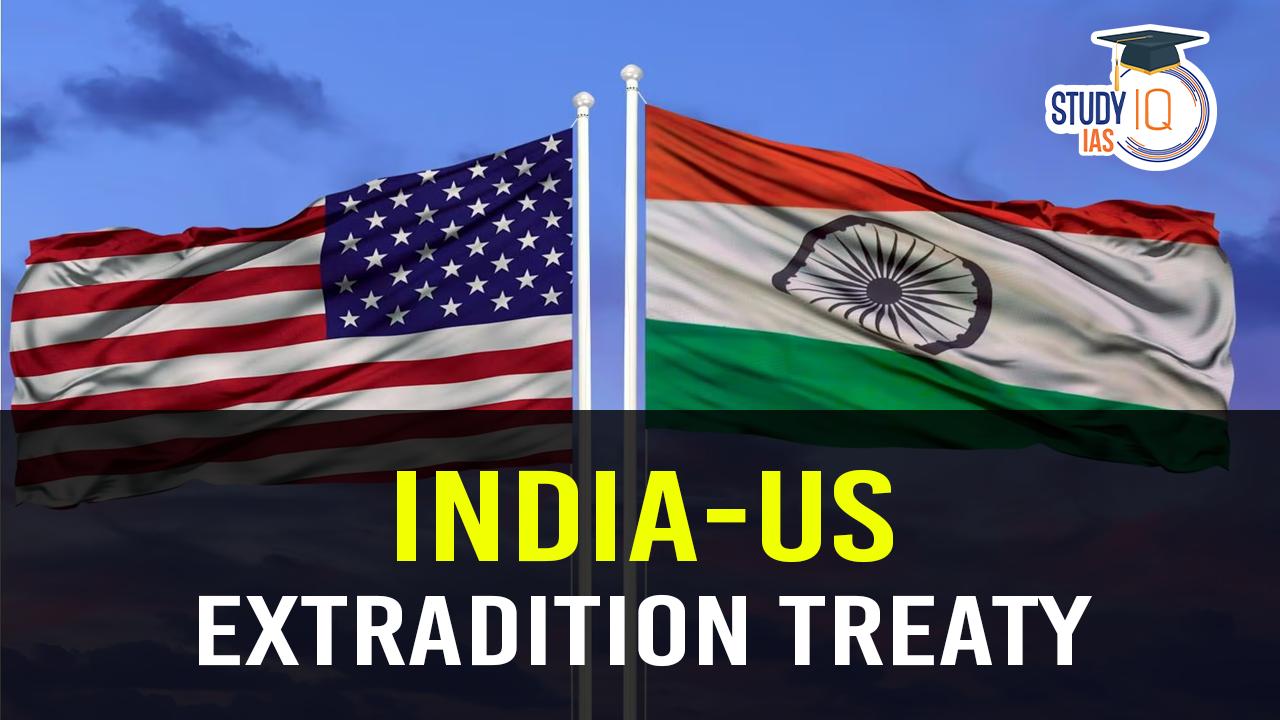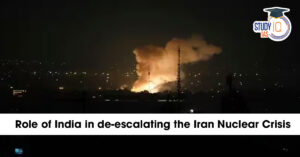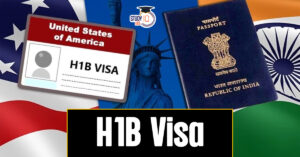Context: The United States Supreme Court rejected Tahawwur Hussain Rana’s plea against his extradition to India.
About India-US Extradition Treaty (1997)
- It was signed in 1997 to facilitate extradition between India and the United States.
- An offense is extraditable if it is punishable by imprisonment of more than one year in both countries (dual criminality principle).
- Political offenses are not extraditable. However, some crimes are not considered political offenses, such as Murder of a Head of State, hijacking, terrorism, and crimes against internationally protected persons.
Extradition may be refused if
- The person risks persecution based on race, religion, nationality, or political beliefs.
- The offense is of a military nature.
- The offense carries capital punishment unless the requesting country gives assurances that the death penalty will not be carried out.
Challenges in Extradition under India-US Treaty
- Slow process: Extradition cases often take years due to legal challenges.
- 65 Indian fugitives are awaiting extradition from the US.
- Only 11 extraditions between 2002 and 2018.
- US reluctance: Several key Indian requests have been denied. E.g.,
- David Headley – 26/11 Mumbai attacks conspirator,
- Warren Anderson – Union Carbide CEO, Bhopal Gas Tragedy.
- Different legal systems: Some Indian charges don’t meet US legal standards for extradition.
| Extradition Treaties vs. Extradition Arrangements |
|


 German Chancellor Visit to India in 2026...
German Chancellor Visit to India in 2026...
 Iran Nuclear Crisis and India’s Role f...
Iran Nuclear Crisis and India’s Role f...
 H1B Visa Program, Beneficiaries, Eligibi...
H1B Visa Program, Beneficiaries, Eligibi...

























